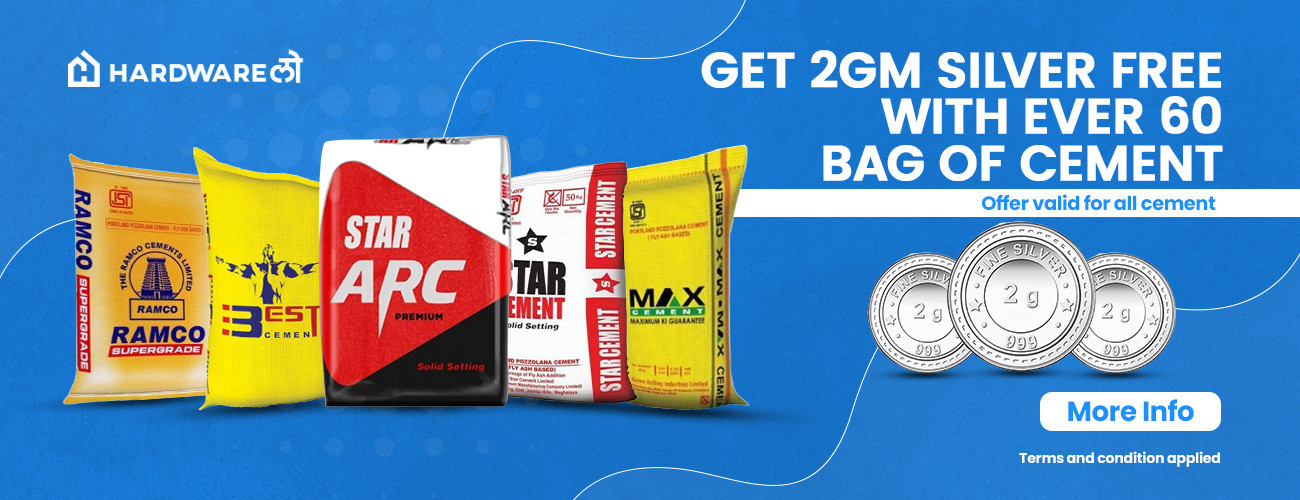How To Choose the Best Water Pump For Your Home

Choosing the right water pump for your home can be a daunting task, considering the variety of options available in the market. Whether you're looking to upgrade your existing pump or installing a new one, it's essential to understand your requirements and select a pump that meets your needs efficiently. In this guide, we'll delve into the factors to consider when choosing the best water pump for your home.
Table of Contents
| Sr | Headings
| --- | -------------------------------------------- |
| 1 | Understanding Different Types of Water Pumps
| 2 | Assessing Your Water Needs
| 3 | Determining Pump Capacity and Pressure
| 4 | Evaluating Energy Efficiency
| 5 | Considering Durability and Reliability
| 6 | Reviewing Maintenance Requirements
| 7 | Exploring Additional Features
| 8 | Conclusion
| 9 | FAQs
Understanding Different Types of Water Pumps
Water pumps come in various types, including centrifugal pumps, submersible pumps, and booster pumps, each designed for specific applications. Understanding the differences between these types is crucial for selecting the right pump for your home. Centrifugal pumps are commonly used for residential water supply, while submersible pumps are ideal for wells and deep water sources.
Assessing Your Water Needs
Before purchasing a water pump, assess your household's water needs, including daily consumption, peak demand periods, and water pressure requirements. Consider factors such as the number of bathrooms, appliances, and outdoor water features that will rely on the pump for adequate water supply.
Determining Pump Capacity and Pressure
The capacity and pressure rating of a water pump determine its ability to deliver water effectively throughout your home. Calculate the required flow rate and pressure based on your water consumption patterns and the layout of your plumbing system. Choose a pump with sufficient capacity and pressure to meet your household's demand without strain.
Evaluating Energy Efficiency
Opting for an energy-efficient water pump can lead to significant cost savings on your utility bills over time. Look for pumps with high energy efficiency ratings and features such as variable speed controls and automatic shut-off mechanisms. Investing in an energy-efficient pump not only reduces your environmental footprint but also lowers your long-term operating costs.
Considering Durability and Reliability
Durability and reliability are paramount when selecting a water pump for your home. Choose a pump made from high-quality materials that can withstand harsh environmental conditions and frequent use. Look for reputable brands with a proven track record of reliability and longevity.
Reviewing Maintenance Requirements
Regular maintenance is essential for ensuring the optimal performance and longevity of your water pump. Consider the maintenance requirements of different pump models, including cleaning, lubrication, and filter replacement. Choose a pump that is easy to maintain and service to minimize downtime and prolong its lifespan.
Exploring Additional Features
Explore additional features and functionalities offered by different water pump models, such as built-in pressure gauges, automatic controls, and corrosion-resistant coatings. These features can enhance the convenience, efficiency, and performance of your water pump, providing added value for your investment.
Conclusion
In conclusion, choosing the best water pump for your home involves considering various factors such as pump type, capacity, pressure, energy efficiency, durability, maintenance requirements, and additional features. By carefully assessing your water needs and comparing different pump options, you can select a pump that meets your requirements effectively while ensuring reliable and efficient water supply for your household.
FAQs
Q1. What is the difference between a centrifugal pump and a submersible pump?
A1. Centrifugal pumps are typically used for above-ground applications, where the pump is installed above the water source, while submersible pumps are designed to be submerged in the water source, such as a well or borehole.
Q2. How do I calculate the flow rate and pressure requirements for my water pump?
A2. The flow rate and pressure requirements depend on factors such as the number of fixtures, distance from the pump, and desired water pressure. You can consult a plumber or use online calculators to estimate your specific requirements.
Q3. What are the benefits of variable speed controls in water pumps?
A3. Variable speed controls allow you to adjust the pump's speed and output to match your water demand, resulting in energy savings and reduced wear and tear on the pump motor.
Q4. How often should I perform maintenance on my water pump?
A4. Maintenance frequency depends on factors such as pump usage, water quality, and environmental conditions. It's recommended to inspect and service your water pump annually or as per the manufacturer's guidelines.
Q5. Can I install a water pump myself, or do I need professional assistance?
A5. While some homeowners may be able to install a water pump themselves, it's advisable to seek professional assistance, especially for complex installations or if you're unfamiliar with plumbing systems. Hiring a qualified plumber ensures proper installation and compliance with local regulations.












